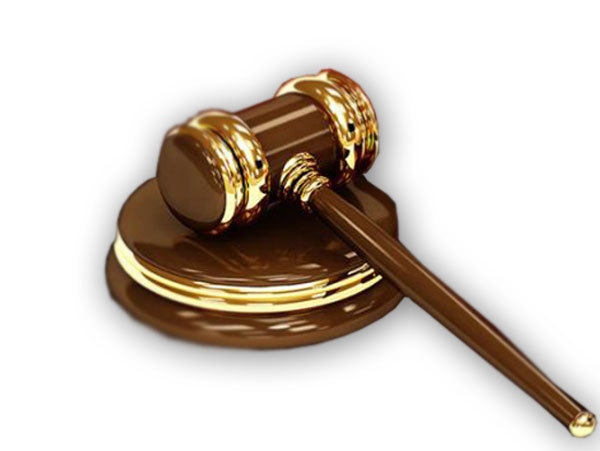Lic. Edilio Javier Hernández H.
There is a group of professionals in our society called to play an important role in the restoration of harmony between the people and the government, in the context of a Rule of Law which is seriously damaged, cracked and corrupt. We differentiate ourselves from the professionals of the health service, because apathy, idling, and ignoring of the Hippocratic Oath directly and lethally affect the general public.
Many professionals have decided to get rid of the connection with the impositions, demagogy, corruption and double standards, not agreeing to any more exploitation or manipulation or messing about indefinitely in bureaucracy.
We have recognised a new open group (years ago I knew about two of them who browsed the health website infomed) of surgeons and doctors from the Calixto Garcia Hospital, who courageously say what the majority of the Cuban population think but do not dare to express, about the administrative chaos experienced by our society in all the administrative structures and organisations of the state
All praise to those doctors who step forward for other professionals and intellectuals who stick their heads in the sand like ostriches when they see any danger. There are numerous examples of official and social associations, congresses, events and workshops, which act as umbrellas or windbreaks, shielding themselves against the rain and gusts of disappointment, frustration and unachievable hopes, which are our reality.
It seems also that analysis of the Lineamientos (Guidelines) has failed to serve as a problem bank or a generator of ideas to take forward as action to break through the inertia. Is it so hard, considering that the leaders don’t account to us for what they are managing, or say when things they are doing will be completed, or not, or tell us how much longer we will have to wait or continue to trust in them.
In tribute to those brave doctors, I would like to say to the other professionals in our country:
I still like my work; how much could we do, how much could we change if only some tribunal lawyers, some prosecution lawyers, legislative lawyers, defence lawyers, or consultants were to stop submitting and giving in to law which is ideological and burdensome, above all imposed by all the well-known organisations, the Party, the Military and the Ministries.
These are extracts from the Eighth Congress of the United Nations on Prevention of Crime and Treatment of Criminals, which took place from 27th August to 7th September 1990 in Havana, Cuba:
… considering that the appropriate protection of human rights and fundamental liberties which may be invoked by every person, whether they be economic, social and cultural or civil and political, requires that every person have effective access to legal services provided by an independent legal profession.
… the Basic Principles of Legal Practice which appear below, which have been formulated in order to assist member states in their task of promoting and guaranteeing the proper performance of lawyers, should be taken into account and respected by governments when framing their legislation and practice in their countries, and should be brought to the attention of lawyers, and others such as judges, prosecutors, members and officials of the executive and legislative powers, and the public in general …
Access to expert assistance and legal services
1. Every person is entitled to seek the assistance of a lawyer of their own choosing, in order that they may protect and demonstrate their rights and and defend them in all stages of the legal process.
2. Governments will ensure that they establish efficient procedures and adequate mechanisms to enable effective and equal access to expert assistance on the part of all persons within their territory and who are subject to their jurisdiction, without any kind of distinction, such as discrimination based upon race, color, ethnic origin, sex, language, religion, their opinions whether political or of other type, national or social origin, economic situation or position, birth, or other condition.
The sentences of tribunals will gain greater conviction and their debates greater majesty.
The lawyers will be more highly regarded; the guarantees are to be published and affirmed.
For people to be free, their rights have to be clear. For people to govern themselves, their rights have to be common …
From Nuestra América, José Martí.
We still have time to set an example to other professions.
Translated by GH
December 21 2012





